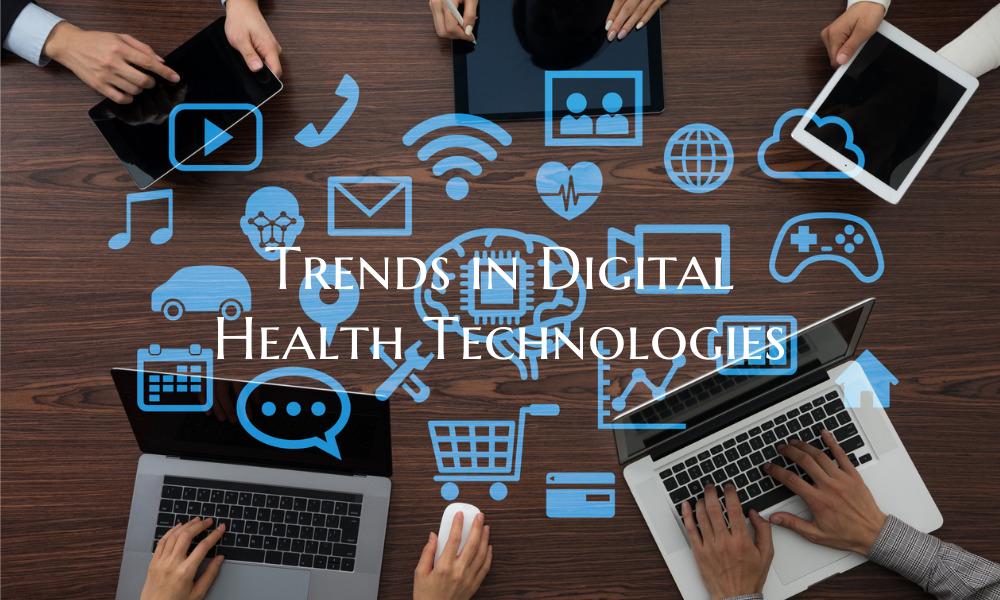Trends in Digital Health Technologies
Digital health technologies continue to revolutionize healthcare by improving patient care, increasing efficiency, and empowering individuals to take control of their health. As technology advances rapidly, several key trends are shaping the landscape of digital health:
1. Telemedicine and Remote Patient Monitoring: Telemedicine enables patients to consult with healthcare providers remotely through video calls, phone calls, or secure messaging platforms. Remote patient monitoring devices, such as wearables and sensors, allow healthcare professionals to track patients' vital signs and health data in real time, leading to proactive interventions and better management of chronic conditions.
2. Artificial Intelligence and Machine Learning: AI and machine learning algorithms are being utilized in various healthcare applications, from personalized treatment planning and predictive analytics to medical imaging analysis and drug discovery. These technologies can process vast amounts of data quickly and accurately, leading to improved diagnostics, more efficient workflows, and personalized care pathways.
3. Blockchain in Healthcare: Blockchain technology provides a secure and decentralized way to store and share health records, ensuring data integrity, interoperability, and patient privacy. It can streamline administrative processes, enhance data security, and enable seamless sharing of information among healthcare providers, ultimately improving care coordination and patient outcomes.
4. Virtual and Augmented Reality: Virtual reality (VR) and augmented reality (AR) are transforming healthcare education, training, and patient care experiences. Medical professionals can use VR simulations for surgical training and patient education, while AR tools can assist surgeons with real-time guidance during procedures. These immersive technologies are enhancing clinical outcomes, reducing errors, and improving patient engagement.
5. Personalized Medicine and Genomics: Advances in genomics and personalized medicine are enabling tailored treatment plans based on individuals' unique genetic makeup, lifestyle factors, and environmental influences. By leveraging genomic data and predictive analytics, healthcare providers can deliver precision medicine that is more effective, minimizes side effects, and improves overall patient outcomes.
6. Data Security and Privacy: As digital health technologies collect and process sensitive patient information, ensuring data security and privacy is paramount. Compliance with regulations such as the Health Insurance Portability and Accountability Act (HIPAA) and the General Data Protection Regulation (GDPR) is essential to safeguard patient data and maintain trust in digital health systems.
In conclusion, the rapid evolution of digital health technologies is driving innovation, improving healthcare delivery, and transforming the patient experience. By staying abreast of these trends and harnessing the power of technology, healthcare organizations and providers can deliver more personalized, efficient, and effective care to patients around the globe.

